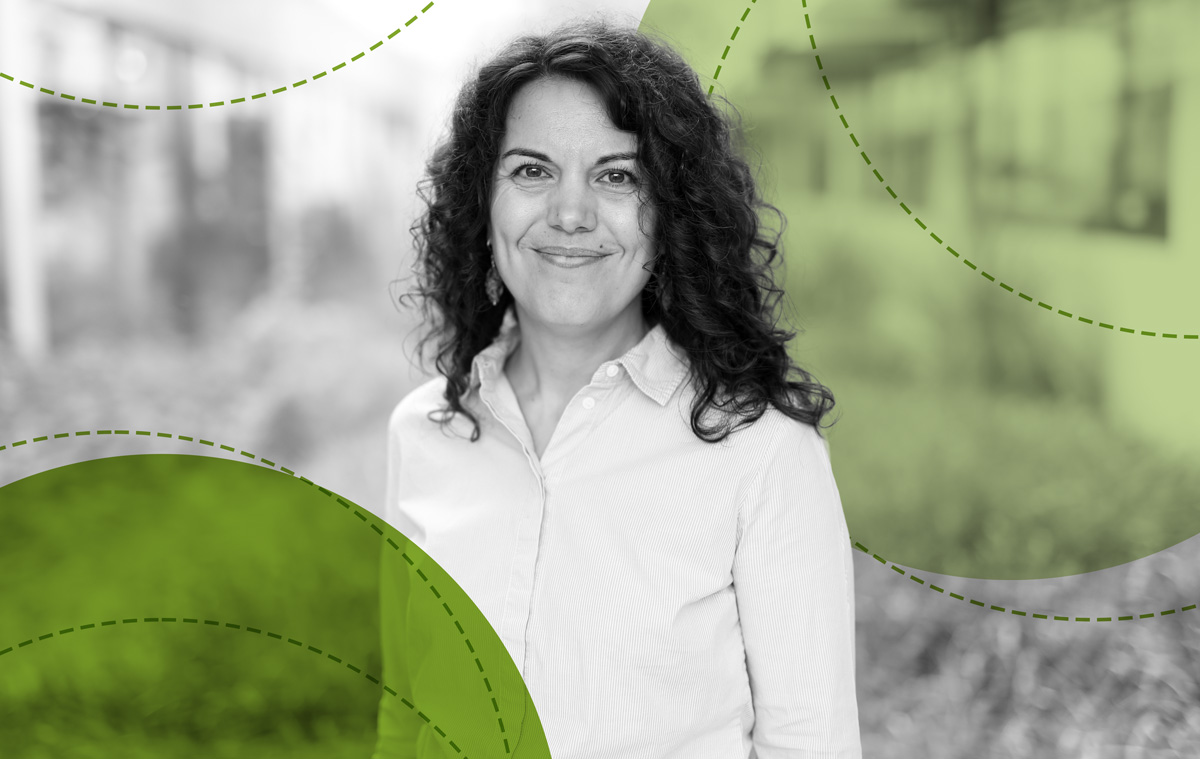Andrea Puhar is the living embodiment of international science. Born in Austria and raised and educated in Switzerland, with a PhD from Italy, postdoc role in Paris, and visiting scientist position in Germany followed by her first Group Leader appointment in Sweden, Puhar and her husband chose to move to Belfast in Northern Ireland for their next career step.
Puhar and her group at Queen’s University Belfast study infection and inflammation in the gut, focussing on extracellular ATP and primarily working with Shigella flexneri and Escherichia coli.
The couple met during their PhDs and both received EMBO Postdoctoral Fellowships to study in Paris. After the excitement and bustle of living in Paris and then the calm of the lakes and forests of northern Sweden, they felt Belfast would be both an excellent research and life opportunity.
“Belfast is very nice and the surroundings are beautiful. You can get out and enjoy the nature and fresh air which is hard in Paris!” Puhar says. “It is a good compromise.”
She says the Fellowship was life changing for them both. “EMBO really made our careers and our lives. During a PhD sometimes science does not develop the way you plan, but the Fellowship was a recognition that I had potential,” she says. Puhar is now giving back to the community through service on the EMBO Scientific Exchange Grants (SEG) Committee.
The EMBO SEG fund research exchanges of up to three months between laboratories in eligible countries to facilitate collaborations with research groups with expertise, techniques, or infrastructure that is unavailable in the applicant’s laboratory.
Puhar strongly encourages PhD students and younger researchers to consider applying for a grant. “For many applicants the SEG is the first opportunity to apply for their own funding, and they can experience life and work in another country. That is always a mind-blowing experience and, in a sense, the SEG is also a European peace project.”
Her personal research interest is how the host and gut bacteria work to regulate the level of extracellular ATP which in turn determines the level of inflammation in the gut both acute and chronic.
“The advent of genomics has really changed the field because you can see what kind of genes the bacteria encode, and that allows you to go beyond bacteria that you can culture,” Puhar says. “We only understand the tip of the iceberg because the interactions in the gut are so complex, but when we get a hold of this challenge, it would allow us to personalize medicine – to get rid of bad bacteria and introduce good bacteria, for example.”



